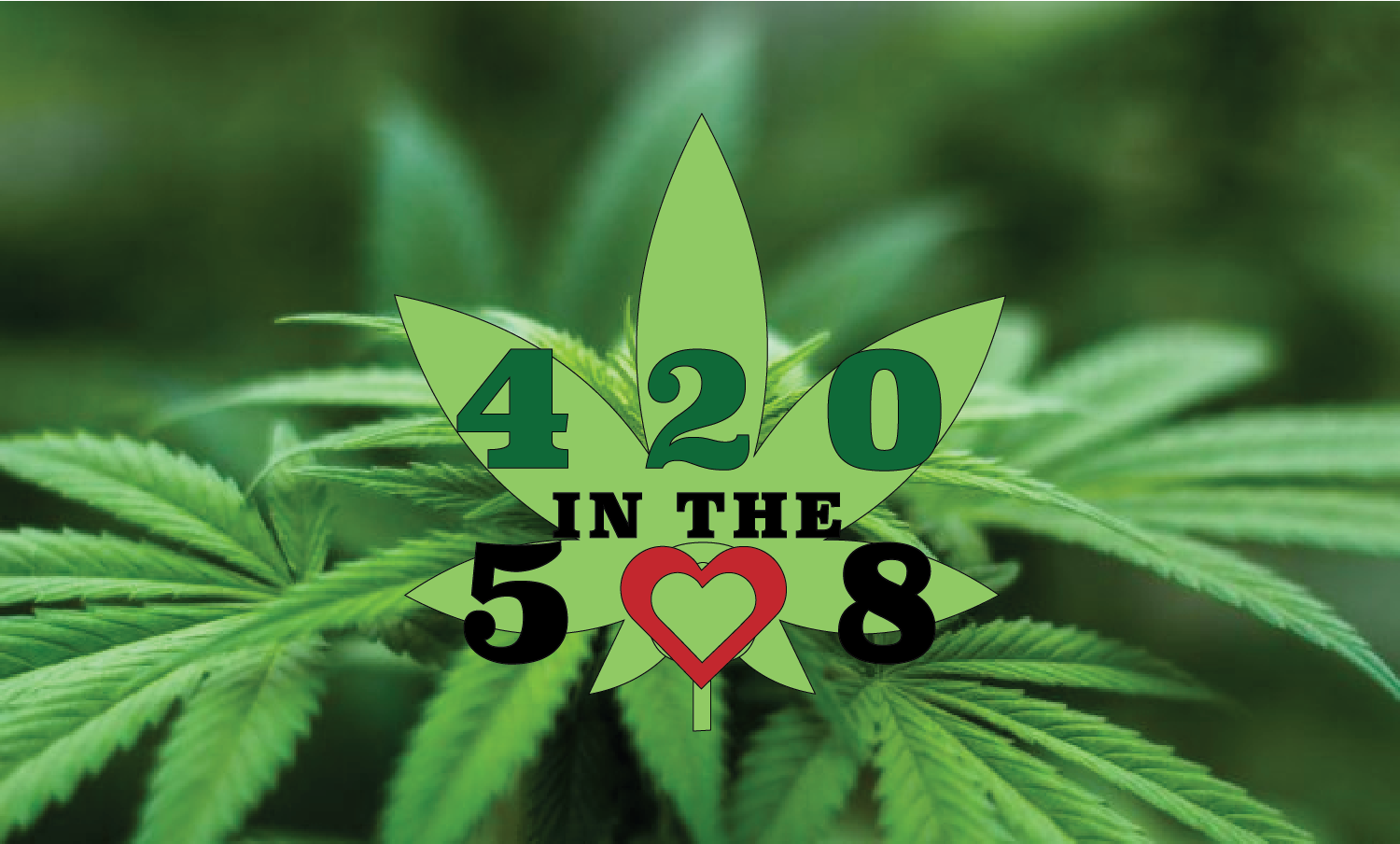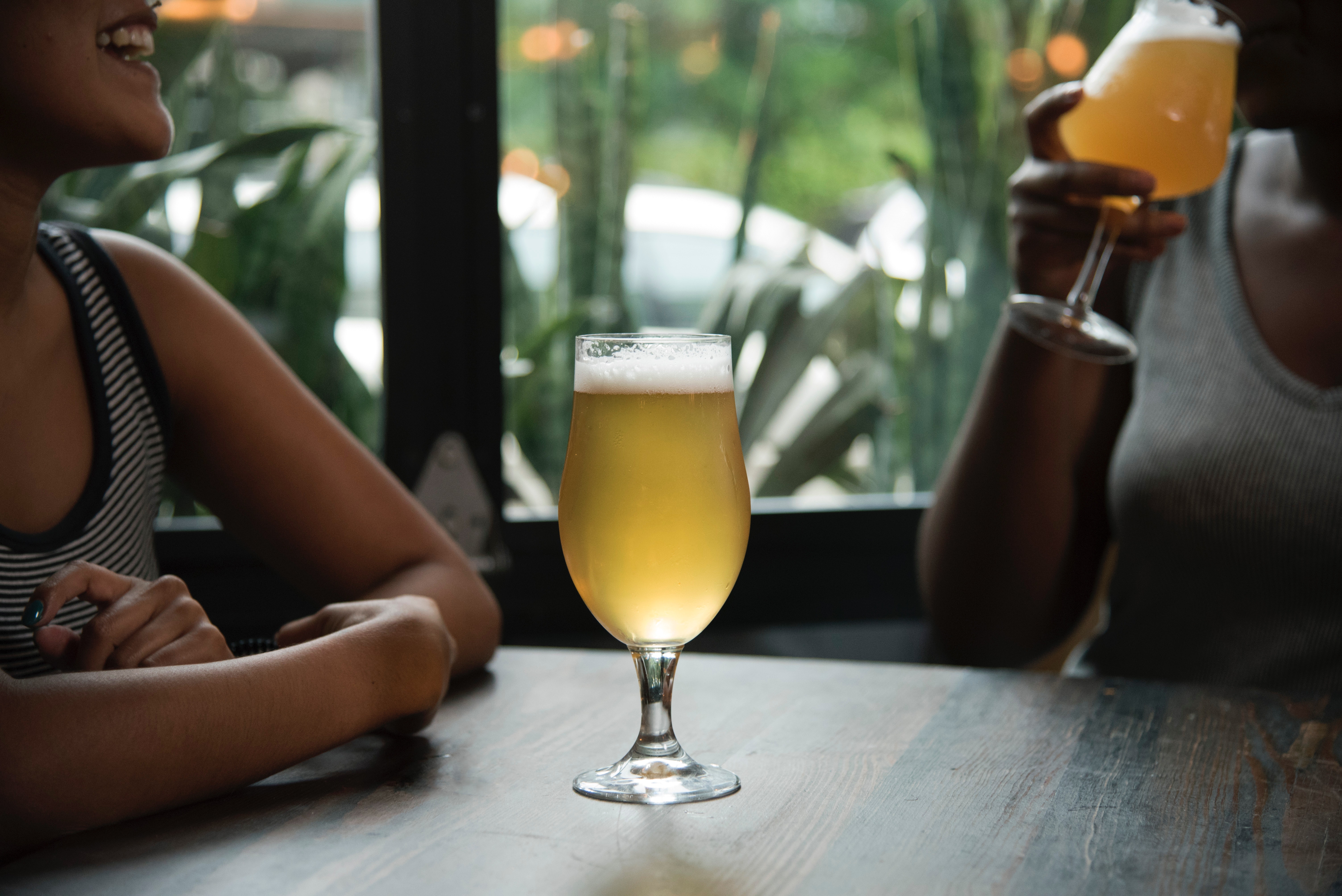
I think most of our readers know LGBT, but most of the time, we add Q and a plus sign, since there are quite a few letters that we welcome under the rainbow umbrella. Since the Q and plus are less familiar, I focused on their responses.
Queer has emerged as a catch-all phrase that most people seem to use as a way to say they reject the traditional gay/lesbian, straight, bi definitions. One friend described it this way: “I was queer going into college; sometimes, I would identify as a lesbian and sometimes as queer. It depends on my mood and my current attraction, so I like the flexibility that comes with queer.”
Pansexual folks see themselves as blind to gender when it comes to sexual attraction (as opposed to bi, who have been defined as attracted to male or female). My friend said the biggest problem for her was the gender of her current relationship. It turns out people really like to put you in a known category.
Asexual (sometimes know as demisexual) is when the person doesn’t desire their partner sexually, but usually wants to form companionships. They usually feel relieved when they find out there are others like them, since they often get mislabeled as if something were wrong.
Polyamorous, and there were several that responded, describe themselves as participating in consensual, ethical and responsible non-monogamy. In fact, most declined to be identified because the average person assumes they are just out to have sex or act recklessly. One friend said, “I am not ‘open’ for fear they would think my husband and I are not sincerely in love, are putting on a charade, practice infidelity or are ‘sluts.’” In reality, many who are polyamorous would say they just have room in their heart for more than one love. You can be gay, lesbian or even queer and also be poly.
The consistent theme was love and community. No matter what your orientation, gender or location, we need to build our communities and ask before we label. Much love!
Send comments and suggestions for Out and About to John@johnart.com.
Story by John Trobaugh





